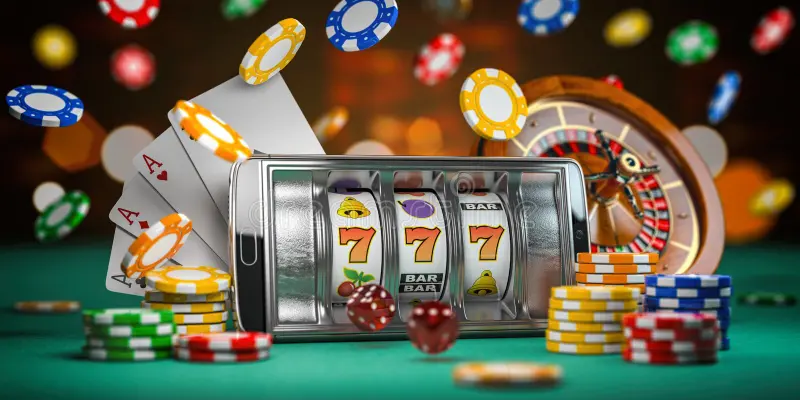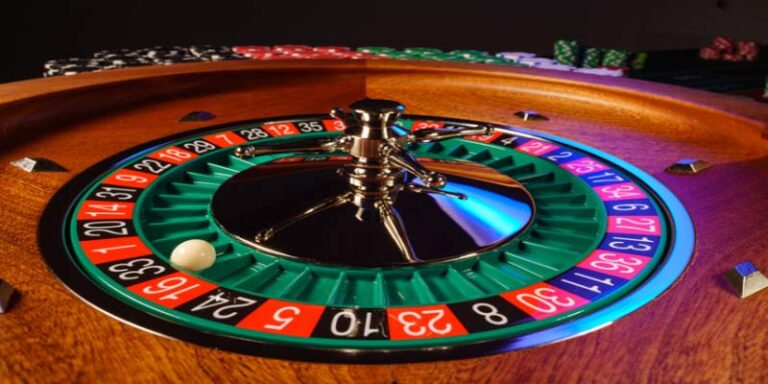
Slot Machine
When it comes to casino gaming, few experiences compare to the thrill of playing a slot machine. Whether you’re at a land-based casino or exploring online platforms, understanding how slot machines work and employing effective strategies can significantly improve your chances of hitting big wins. This comprehensive guide aims to equip you with insider tips, strategic approaches, and detailed insights into maximizing your enjoyment and potential payouts from your favorite slot machine games.
Understanding How Slot Machines Work
Before diving into strategies for success, it’s crucial to understand the mechanics behind a slot machine. Many players enter casinos with assumptions based on intuition or superstition, but knowing the actual technology and algorithms that drive these games will give you an edge. This section breaks down the core principles, including Random Number Generators (RNG), payout structures, and different types of slot machines CWIN 01.
The Role of Random Number Generators (RNG)
At the heart of every slot machine lies a computer program called a Random Number Generator (RNG). This algorithm produces thousands of random numbers per second, which determine where the reels will stop when you press the spin button.
The RNG ensures each spin is entirely independent, meaning previous outcomes do not influence future results—a concept known as randomness. In traditional physical slot machines, mechanical components such as gears and pulleys determined reel stops, but modern digital slots simulate this randomness through the RNG.
Understanding the RNG’s role is critical because it dispels myths about “hot” or “cold” machines and emphasizes that no specific pattern guarantees a win. Instead, your chance of winning depends solely on the game’s odds and payout structure established by the casino or game provider.
Payout Structures and Return to Player (RTP)
Every slot machine has an associated payout percentage, often expressed as Return to Player (RTP). RTP indicates the average amount of money returned to players over time. For example, a machine with an RTP of 96% theoretically pays out $96 for every $100 wagered, though individual sessions can vary widely.
Knowing the RTP helps players select games with better odds. Generally, higher RTP slots offer better long-term value, although they may come with lower volatility—meaning smaller, more frequent wins versus large jackpots.
Here’s a simplified table illustrating typical payout ranges:
Types of Slot Machines: Classic, Video, and Progressive
Slot machine come in various formats, each offering distinct gameplay experiences and payout potential:
- Classic Slots: These resemble original mechanical machines with three reels and simple symbols like fruits, bars, and sevens. They often have straightforward gameplay and are ideal for beginners.
- Video Slots: Modern digital versions featuring five or more reels, animated graphics, multiple pay lines, and bonus features. They provide immersive experiences and increased chances for special payouts.
- Progressive Jackpots: These are linked across multiple machines, with a portion of each bet contributing to a growing jackpot pool. They can reach life-changing sums but tend to have lower RTPs, requiring patience and strategic play.
Understanding these variations helps tailor your approach depending on your risk tolerance and goals.



